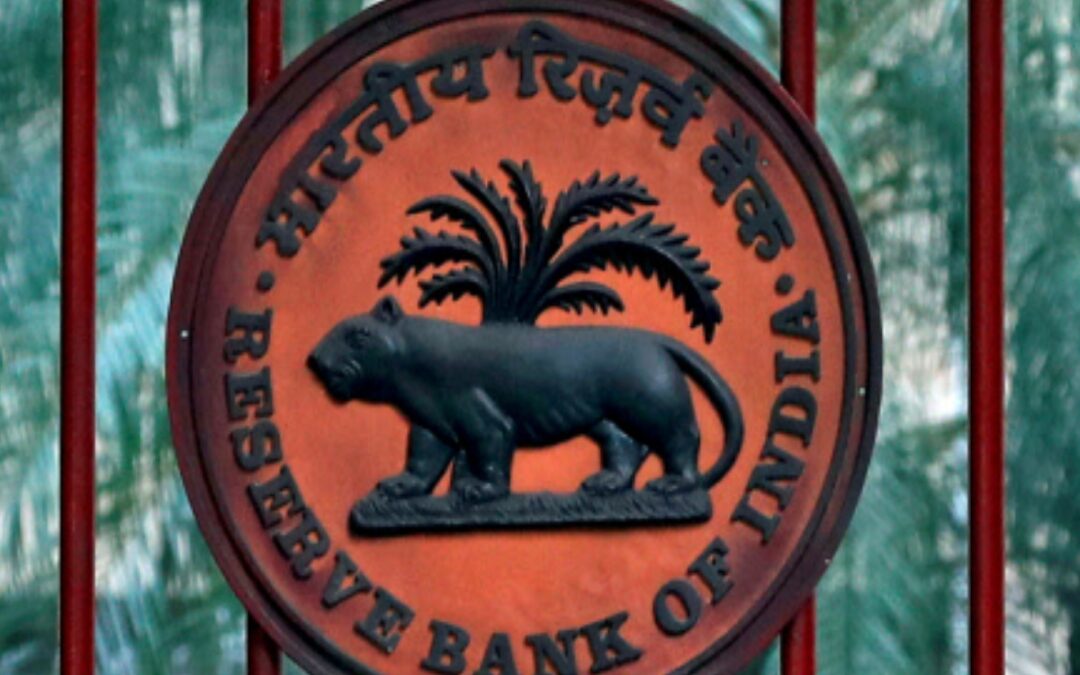Small finance banks such as AU, Equitas and Ujjivan, which aspire to become “universal banks” as they complete the mandatory five-year cooling off period, are now awaiting the regulator’s signal before they officially seek licence upgrades.
Although these banks have almost every product in their suite for the retail customer, they would prefer to drop the ‘small bank’ tags attached to their names and be in the same league with others to win over stakeholders, particularly depositors.
Some of these so-called small banks are already bigger in size than quite a few old-generation private sector lenders, while a universal bank licence would test their skills on underwriting and bandwidth to handle bigger businesses.
The licensing window for universal banks is open on-tap, which means that the applications can be submitted to the regulator any time. However, as things stand now, there is no specific communication from the Reserve Bank of India (RBI) on conversion of small finance banks into a universal lender, which would allow the current set of ‘small’ lenders more flexibility in the way they do business and leverage capital.
Most importantly, captains of every small bank highlighted that the ‘small’ tag is hurting them in the perception game. As ‘small’ is perceived as riskier in the financial world, small finance banks are typically compelled to offer higher rates to woo depositors.
‘Small’ Hurts
Despite having been the largest small finance bank with Rs 1.41 lakh crore in total business, including a Rs 65,000-crore lending portfolio, an AU Bank official like any other small finance bank marketing executive would invariably be confronted by new customers about the name.
“Our customers still ask me why I am a small bank, still customers on the ground do not know what this small finance bank is all about. I have to tell them, educate them,” said executive director Uttam Tibrewal.
A licence to operate as a universal bank is the final goal for any financial institution of the country. If a small finance bank gets a ‘universal’ label, its capital adequacy requirement would immediately come down to around 11.5% (including capital conservation buffer) from 15%, the priority sector lending norm would be lower at 40% instead of 75%, and the stipulation of having at least 50% of loan portfolio in loans less than Rs 25 lakh would no longer exist. However, Universal banks require a minimum Rs 500 crore capital as per current set of rules against small finance bank’s Rs 200 crore.
“We will apply for a universal banking licence when the window opens for it and subject to our qualifying to norms that may be applicable,” said PN Vasudevan, managing director of Equitas Small Finance Bank. “So far, the regulator has not said anything about conversion of small finance banks into universal lenders. So, it will be difficult to say anything about our future businesses if we get a licence.”
Strengths finder
For most of these lenders, the key to success on a bigger stage will mean perfecting what they are already good at.
“We can say that we will play to our strength. At present, granular lending, largely to small business people from the informal economy, both in urban and rural areas – is our strength and we would like to improve upon it,” said Vasudevan. “Whether we would get into the corporate and wholesale side of the business is very difficult to say at this point in time.”
Bandhan Bank, India’s successful experiment of a microfinance lender turning into a universal bank, had to shed its large corporate lending plan after a botched maiden attempt in 2019 when a Rs 385-crore loan to IL&FS group turned bad.
“My PSL (priority sector lending) is 85-90% of our portfolio and that’s why we got the licence. And it’s not that we would be foraying into corporate loans if we get a universal banking licence. No, that’s not our forte. We don’t understand that market actually,” Tibrewal said.
“I have the full suite of products. Once we start microfinance, the product line will expand further. So from a customer point of view, we are a complete bank. I am happy to enjoy this position. It’s the purview of the regulator to decide whether we are ready for a universal bank,” Tibrewal added.
Size Misnomer
AU Bank, which converted itself from a non-bank lender to begin its banking journey in April 2017, has nearly three times the size of business of CSB Bank, the oldest private sector bank of Kerala that came into existence as the Catholic Syrian Bank way back in 1920. Equitas and Ujjivan are also bigger in size than CSB or Dhanlaxmi Bank.
“See, small finance banks, if they reach a certain scale, can compete with everybody. We are anyway competing with bigger banks for deposits. The RBI set up small finance banks with certain objectives… and those have been fulfilled,” said Ittira Davis, managing director, Ujjivan Small Finance Bank.
The objective of such differentiated banking was to provide savings instruments to the unserved and underserved segment of population. Out of the 10 small finance bank licenses, eight were awarded to microfinance lenders.
The goal could not be achieved easily as in the initial couple of years, these banks relied largely on institutional players to mobilise deposits and create a sizeable base, before going deep and offering their existing borrowers the savings products.
“As we completed five years of operations, we are technically eligible to apply for a universal bank licence. Eventually we would like to get there. We are waiting for the reverse merger to be completed.”
AU, Equitas and Ujjivan are members of the Nifty 500 index, which represent the top 500 Indian companies based on market capitalization.
But do they have the bandwidth to accept bigger challenges? “Management of risk is the key. In 1995, RBI gave licenses to some banks and half of these banks disappeared. The RBI gave the same number of licences to SFBs in 2015 and all of these banks came through Covid,” Davis said.
Small finance banks’ assets under management clocked 29% CAGR between FY18 and FY23, data from Crisil showed.
Bandhan and IDFC got the universal bank licence in 2014. No other entity got it in almost a decade after that. Now, whether conversion from SFB is the way to get it, the RBI has the answer.











